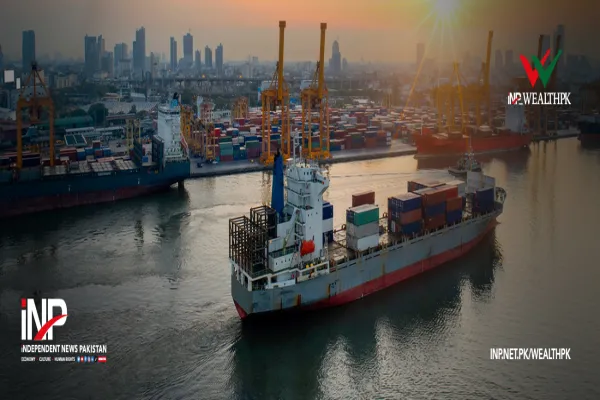i INP-WEALTHPK
Moaaz Manzoor
Pakistan Fintech Network (PFN) has urged policymakers to introduce targeted incentives and reforms to accelerate financial inclusion, particularly for youth, women, and underserved regions, warning that adoption will stall without consistent government support.

In an exclusive interview with Wealth Pakistan, PFN Chief Executive Officer Fahad Sajid said the industry was pressing for reforms in three areas: policy advocacy, ecosystem development, and product collaboration. He said the network had recently approached the State Bank of Pakistan to advocate for revisions to strict account rules, aiming to better serve the country’s young population.
“Nearly 35% to 40% of Pakistanis are under 30. Unless financial products are designed with youth and women in mind, adoption will not take off,” Sajid said. He argued that greater use of digital payments is closely tied to the country’s economic stability. He also called for giving incentives to both merchants and consumers, but acknowledged the ‘trade-off’. “If we extend those incentives, there will be a decrease in the tax collection, which is again an area where Pakistan is struggling.”
Industry insiders have long complained that frequent tax changes undermine digital adoption. Sajid echoed these concerns, cautioning that ad hoc budget measures make digital finance less attractive just as uptake begins to grow. Recent data from the State Bank of Pakistan shows that in the third quarter of the FY25, retail payments grew by 12% to 2,407.8 million, with digital channels now accounting for nearly 89% of retail transactions by volume.
Mobile applications alone processed 1,686 million payments worth Rs27 trillion, recording quarterly growth of 16% in volume and 22% in value, clear evidence of rapidly growing adoption that PFN says can be sustained with the right incentives. He projected that in two to three years, “if we work in the same manner, there will be a good uplift in the financial inclusion and the digital adoption in Pakistan.” At the same time, he highlighted gaps in infrastructure and financing for local innovators.
“They have innovative products either in a developed form or in a concept form, but there is no mechanism in Pakistan to help them in terms of funding,” he said. He called for more public-private partnerships, incubation support, and advisory systems to help startups scale up and deliver returns. While challenges remain, the PFN chief executive officer underscored that coordinated efforts by regulators, industry leaders, and innovators could turn fintech into a key driver of inclusion, entrepreneurship, and economic resilience.
Credit: INP-WealthPk







